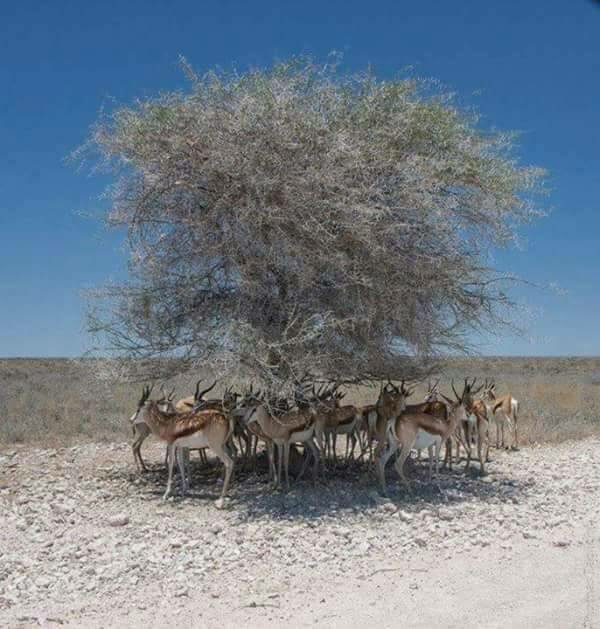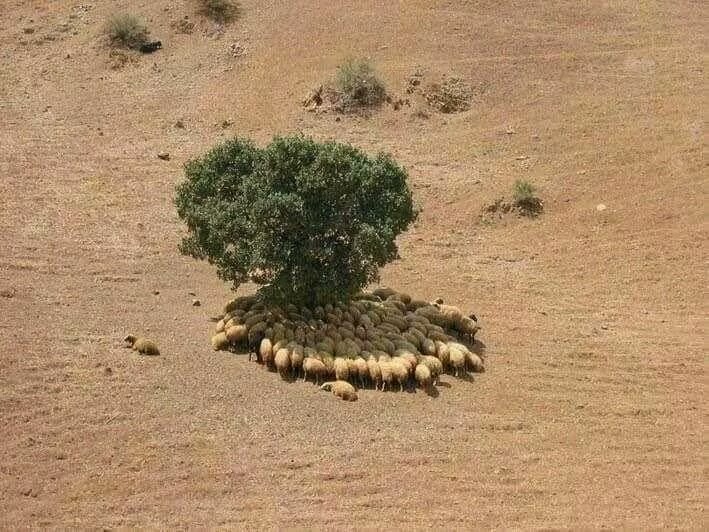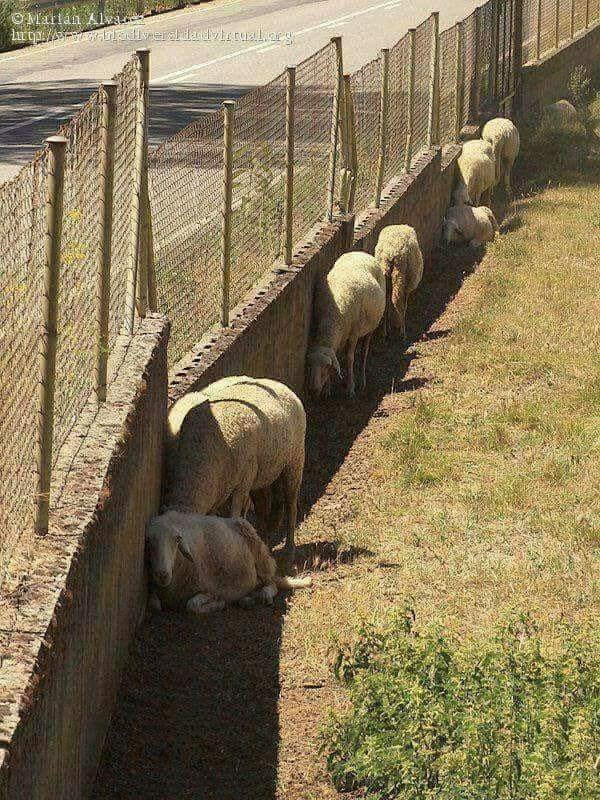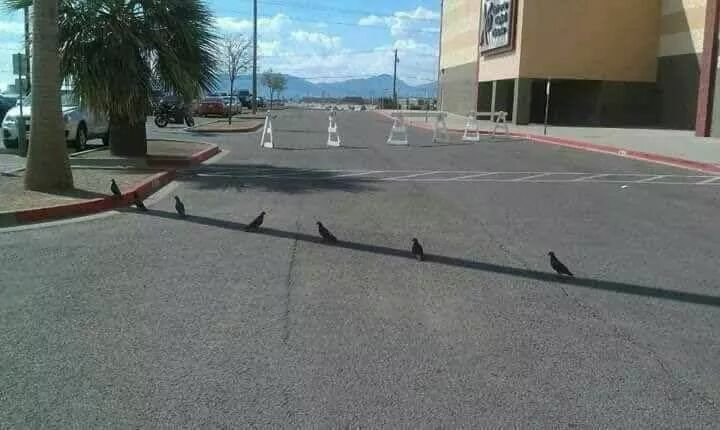How eyes perceive image ?
If you see the left most image, all three images will rotate clock wise!!
But if you see the right most image, all three images will rotate anti-clock wise!
Interesting optical illusion that gives you an idea of how we perceive visually




